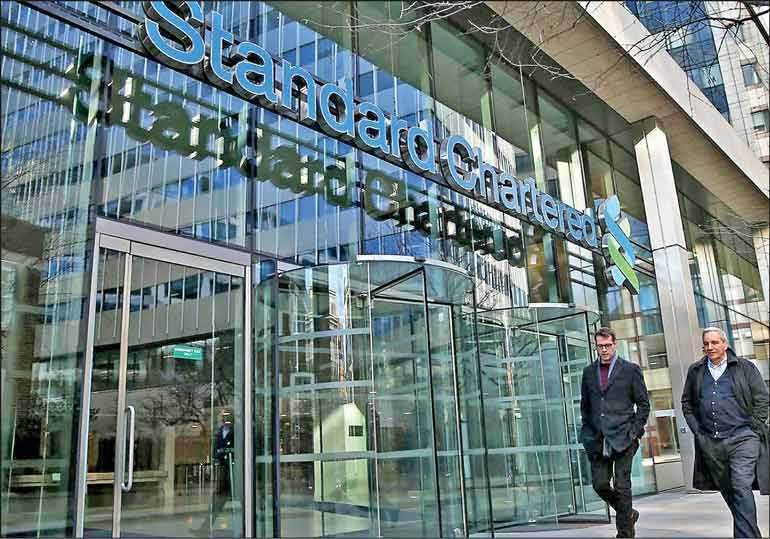Monday Feb 16, 2026
Monday Feb 16, 2026
Friday, 10 May 2019 00:00 - - {{hitsCtrl.values.hits}}

REUTERS: Standard Chartered has become the latest British firm to attract investor criticism of executive pensions, although shareholders stopped short of blocking the lender’s pay plans outright in a vote on Wednesday.
Some 36% of votes cast at StanChart’s annual shareholder meeting in London were against its 2019 directors’ remuneration report, which set out plans to increase Chief Executive Bill Winters’s pension allowance among other measures.
Investor advisory firms ISS and Glass Lewis had earlier advised shareholders to vote against the plans as part of a wider campaign against so-called stealth pay increases that see executive pensions boosted more than those of ordinary workers.
“Although the policy was approved, we need to engage further on this topic,” said Christine Hodgson, who chairs the bank’s pay committee, after the vote results were announced.
“As a result, we will seek further meetings with our major shareholders, and report back on those meetings within six months.” The bank this year is planning to award Winters £474,000 ($618,500) in pension allowance, up from £460,000 the year before and on top of a fixed salary in cash and shares of £2.4 million.
Glass Lewis advised voting against the bank’s pay plans because it had failed to cap pension contributions as a percentage of base salary, instead calculating against a bigger total salary base. It also said payouts to executives were in any case at risk of being excessive.
Winters defended his pay package in comments to reporters on the side-lines of the AGM.
“I don’t know what the focus on pension allowances is when we’ve been totally transparent that the board decided not to impose a pay cut on me, not to violate the contract that they have with me. That’s it. I mean the rest is noise,” he said.
Winters and Hodgson both said they believed the pension allowances paid to executives were in line with British corporate governance codes, even though the bank’s definition of basic salary includes fixed pay allowances paid in shares as well as cash salary.
StanChart rival Barclays last week saw nearly 30% of votes cast against its executive pay plans at its annual shareholder meeting, and other firms including Ocado Group and Hammerson PLC have seen similar revolts.
While StanChart’s shares have rallied this year, they are down 33% since Winters took over on June 10 2015, as the former JPMorgan banker’s restructuring efforts took a toll on revenues.
Asked if he would consider major mergers or acquisitions, Winters said he would not rule it out, but added: “I’m really happy to see the steady progress were making on our own.” “The stock price is still relatively low and we have plenty of opportunity to improve our financial performance and our share price organically.
“I’m not saying we would never consider anything inorganic, but it’s not necessary.” One retail investor, Robert Raynor, 70, who has been a shareholder in StanChart for 25 years, questioned the total pay package given to Winters.
“It might be okay by global standards, but by UK standards it’s obscene,” he said.